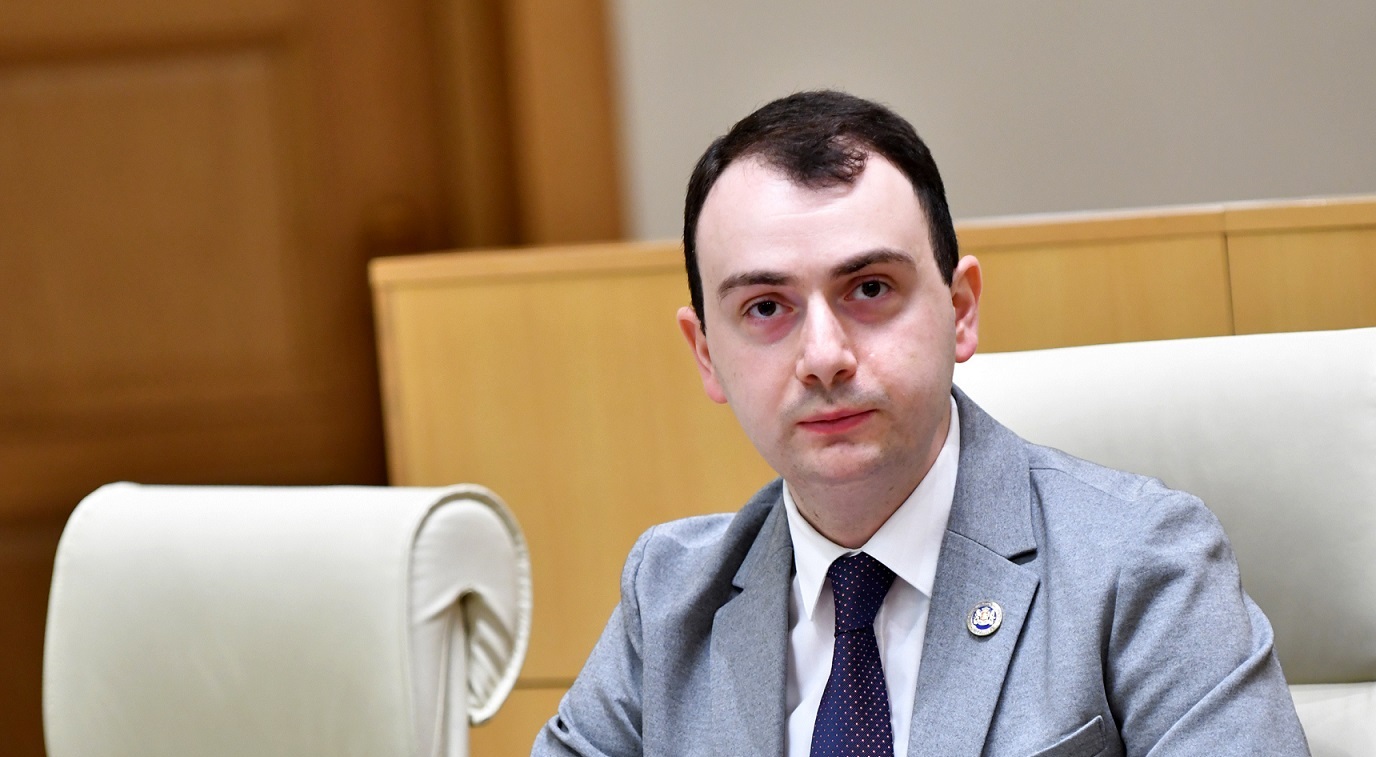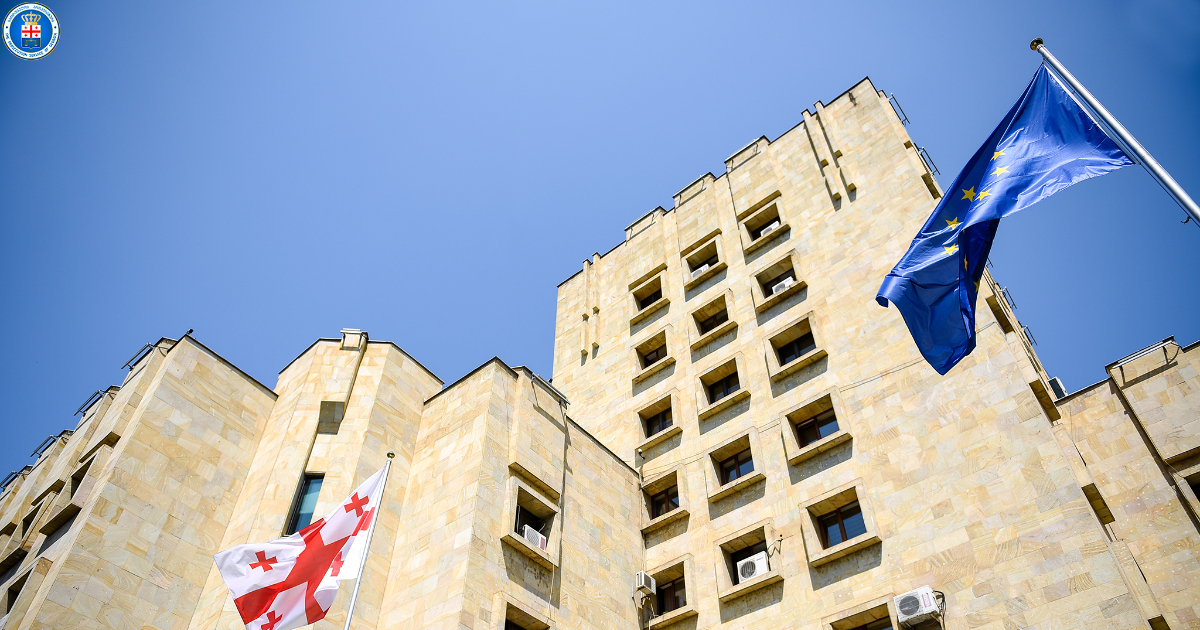MP Chakvetadze highlights Georgian Dream Gov't’s commitment to higher education reform, calls education state priority

Author
Front News Georgia
First Deputy Chair of the Georgian Parliament’s Education, Science and Youth Affairs Committee, Giorgi Chakvetadze, has responded to the presentation of the national concept for higher education reform, saying the initiative fully addressed current challenges and was built around seven key priority areas.
These directions are:
Geographic deconcentration of the higher education system;
Optimisation of resources and equalisation of teaching quality;
Improvement of academic staffing policy;
Strengthening the link between teaching and research;
Labour market analysis;
Reform of the funding system;
Development of infrastructure.
The reform envisions developing Kutaisi as Georgia’s second university city and expanding the higher education base in Rustavi. Special attention will also be given to the five regional state universities — in Batumi, Telavi, Akhaltsikhe, Gori and Zugdidi.
To optimise resources and improve teaching quality, the principle of ‘one city – one faculty’ will be introduced, with universities focusing on their specific educational profiles. The new 3+1 model (three years of bachelor’s and one year of master’s studies) aims to make higher education more efficient and improve the value and equivalency of Georgian diplomas.
In terms of academic staffing, universities will establish a full-time core faculty of professors who will lead teaching and research programmes. Their salaries will increase, while other lecturers will work on hourly or contract bases. Foreign professors may also be invited for high-demand specialisations.
Integrating research and teaching is another key element of the reform. A new funding model will be introduced to enhance cooperation between research institutes and universities, while academic staff will play a key role in producing modern textbooks and scholarly materials.
Labour market analysis will help universities determine how many students to admit in specific disciplines based on actual economic demand.
The current grant-based funding system will be replaced by a state-order model to ensure more efficient allocation of resources and better prioritisation.
Infrastructure development will focus on modernising university campuses in Tbilisi and Kutaisi, upgrading student housing and strengthening regional universities.
Chakvetadze said each of these areas already had a roadmap, which would be finalised in the coming weeks.
“Education, as a core state principle, remains one of the main priorities of the Georgian Dream Government - a fact clearly demonstrated by this historic reform. Our goal is to build an educational system that provides access to high-quality, modern learning in Georgia. Students should no longer feel compelled to go abroad for education or professional development - they must have all the necessary opportunities here at home”, he said.
“I am confident that, through the joint work of the Government and Parliament, every part of this reform will be successfully implemented,” Chakvetadze wrote on social media.
Tags:
Giorgi Chakvetadze




